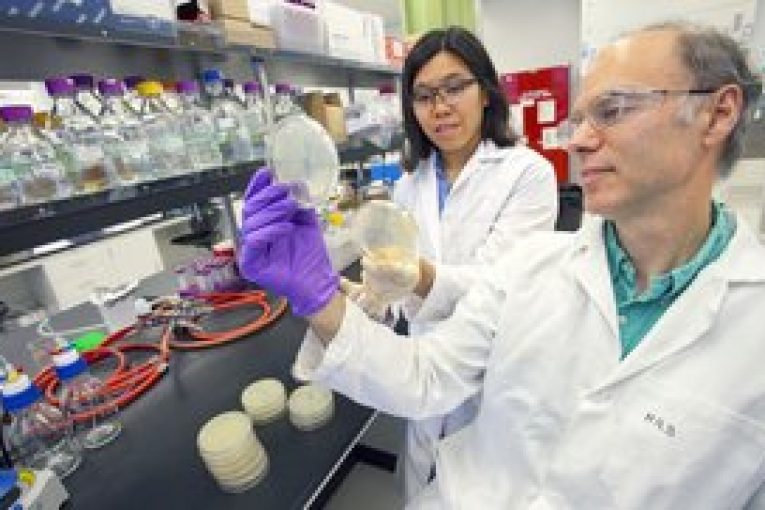
Even while President Donald Trump talks up the expansion of the fossil fuel industry, the U.S. Department of Energy is moving ahead to advance alternatives in boosting research funding into bioenergy.
The DOE granted $40 million for the establishment of four DOE Bioenergy Research Centers (BRCs) that it said will provide the scientific breakthroughs for a new generation of sustainable, cost-effective bioproducts and bioenergy.
The centres—each led by a DOE National Laboratory or a top university—are designed to lay the scientific groundwork for a new bio-based economy that promises to yield a range of important new products and fuels derived directly from nonfood biomass. Initial funding for the four centres will total $40 million for 2018, with plans for a total of five years of funding.
“The revolution of modern biology has opened up vast new opportunities for the energy industry to develop and utilize products derived from biomass as a sustainable resource,” U.S. Secretary of Energy Rick Perry said in a statement. “These centres will accelerate the development of the basic science and technological foundation needed to ensure that American industry and the American public reap the benefits of the new bio-based economy.”
The awards represent a follow-on phase to the original DOE Bioenergy Research Centers program, established by the Office of Biological and Environmental Research within DOE’s Office of Science in 2007.
Over ten years, the BRCs produced multiple breakthroughs in the form of deepened understanding of sustainable agricultural practices, major reengineering of plant feedstocks, development of new methods of deconstructing feedstocks and reengineering of microbes for more effective fuel production, according to the DOE.
In all, the original BRCs produced 2,630 peer-reviewed publications, 607 invention disclosures, 378 patent applications, 191 licenses or options and 92 patents, and transferred substantial insight and expertise to industry.
In the next phase, the centres will build on this record and expand from a focus on biofuels to include the development of bio-based chemicals and other bio-based products.
The original centres are joined by a fourth, led by the University of Illinois at Urbana-Champaign, with a specialty in the direct production of drop-in fuels and chemicals using plants themselves as sustainable biofactories.
You can read more of the news on source
